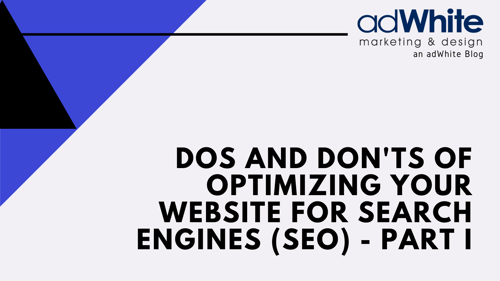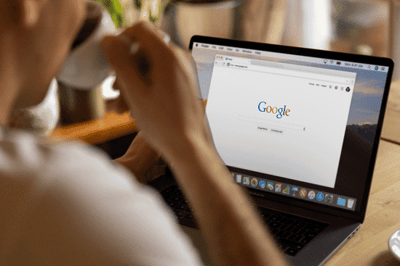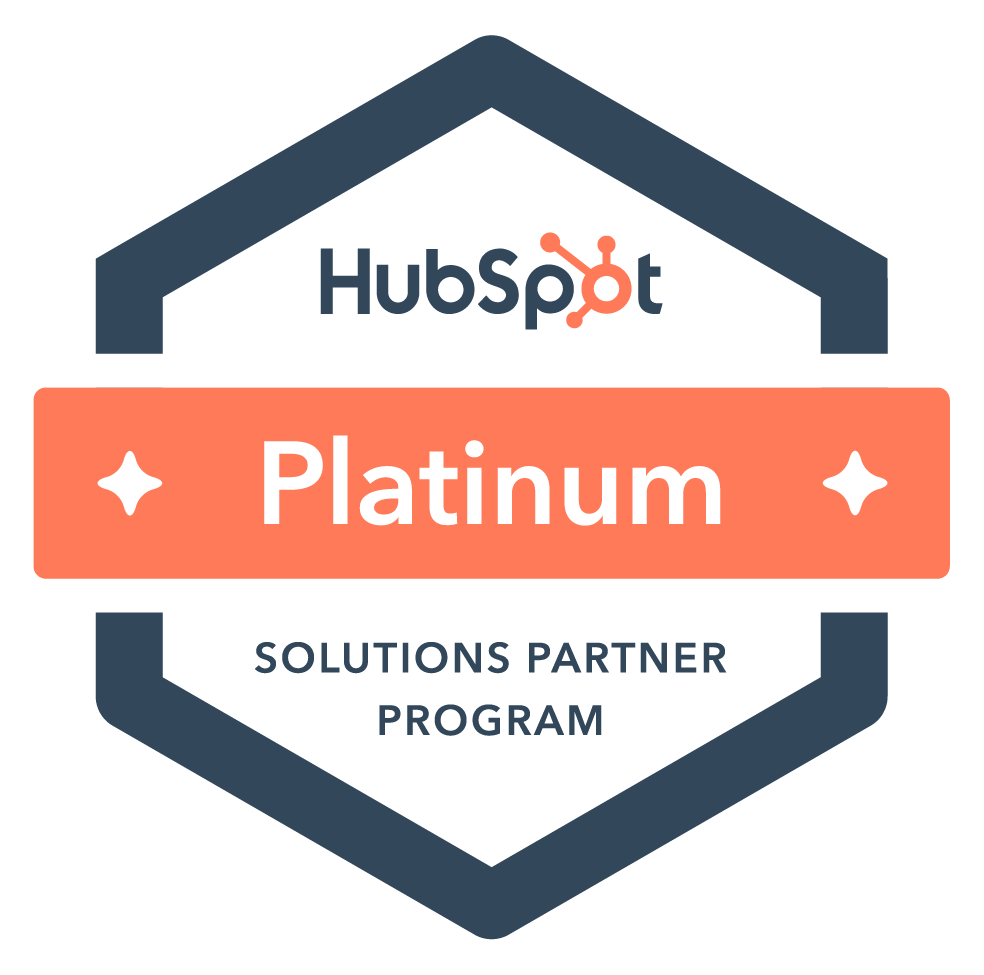
Blog

How Do Internal and External Links Affect SEO?
You’ve probably noticed when you click on a link that sometimes it opens in a new browser window and sometimes you are automatically redirected within the browser window you are currently using. Sometimes the link takes you to a page within the same website and sometimes it takes you to a page on a different website. Ever wondered why that happens or how it affects the SEO (search engine optimization) of the website?
We’re so glad you asked!
Before we dive in to the answer, we need to explain the difference between internal and external links.
 Internal vs. External Links
Internal vs. External Links
Internal links
These links point to content within the same domain and help the user navigate the website. Think of the menu bar or sitemap which directs you to different pages in the website.
External links
These links point to a different domain and take the user outside of the website. Many blogs have external links to other websites to provide additional information or show the source of the data used in the blog. Another example is the social media icons on websites; when the user clicks on one of these links, they will get redirected to that social media network’s website, e.g. the Twitter icon links to the company’s page on Twitter.com.
At adWhite we design websites so internal links open in the same browser window and external links open in a new browser window.
Internal links can build a website’s SEO.
Internal links opening in the same browser window help Google to index the website’s structure. They help to organize the content and search engine “spiders” discover and archive more relevant pages. All of this benefits the site’s SEO. Internal links direct the user to other information within the website and helps them navigate it easier for better user experience.
External links can help your site in many ways.
Designing an external link to open in a new browser window allows the user to investigate the suggested link, but keeps a browser tab open to the original site so the user can come right back where they left off. Many are afraid that external links will pull people away from your site, thus losing SEO power (or SEO “juice” as we call it). Opening external links in a new tab can help draw the user back to the original site for sure, but you shouldn’t look at external links as being a bad thing for your website. External links let you share some of your SEO juice to the websites you are linking to, this is beneficial to Google because you are giving them data of relevant websites (that’s where their money comes from, they give the most relevant websites when you search for something), and if you help Google, Google helps you.
Both external and internal links play a part in your overall SEO plan. Still have questions? Contact our team to see how we can work with you on your SEO plan and website design.
Subscribe to email updates
Related Articles

Topics

Topics
Topics








